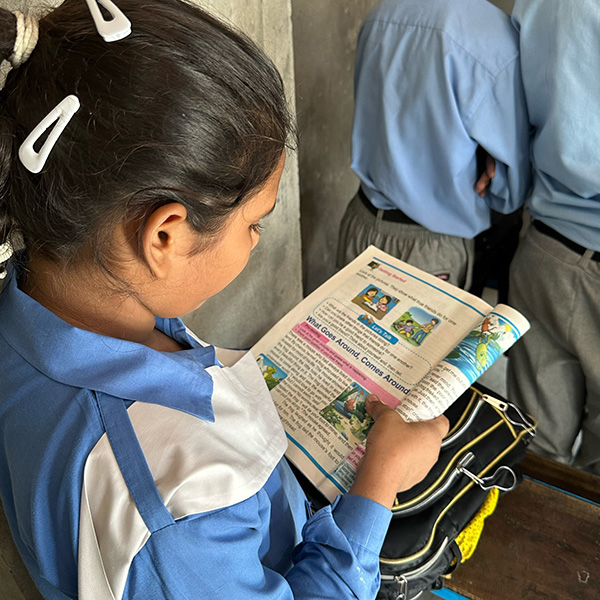
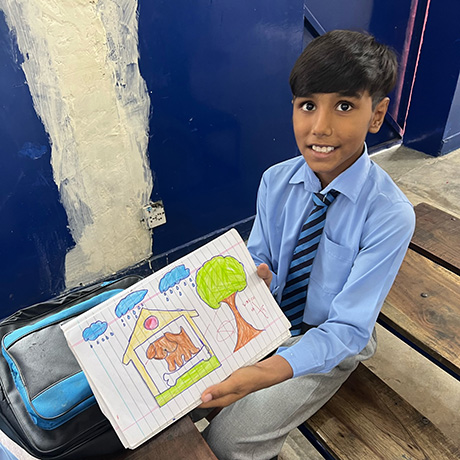
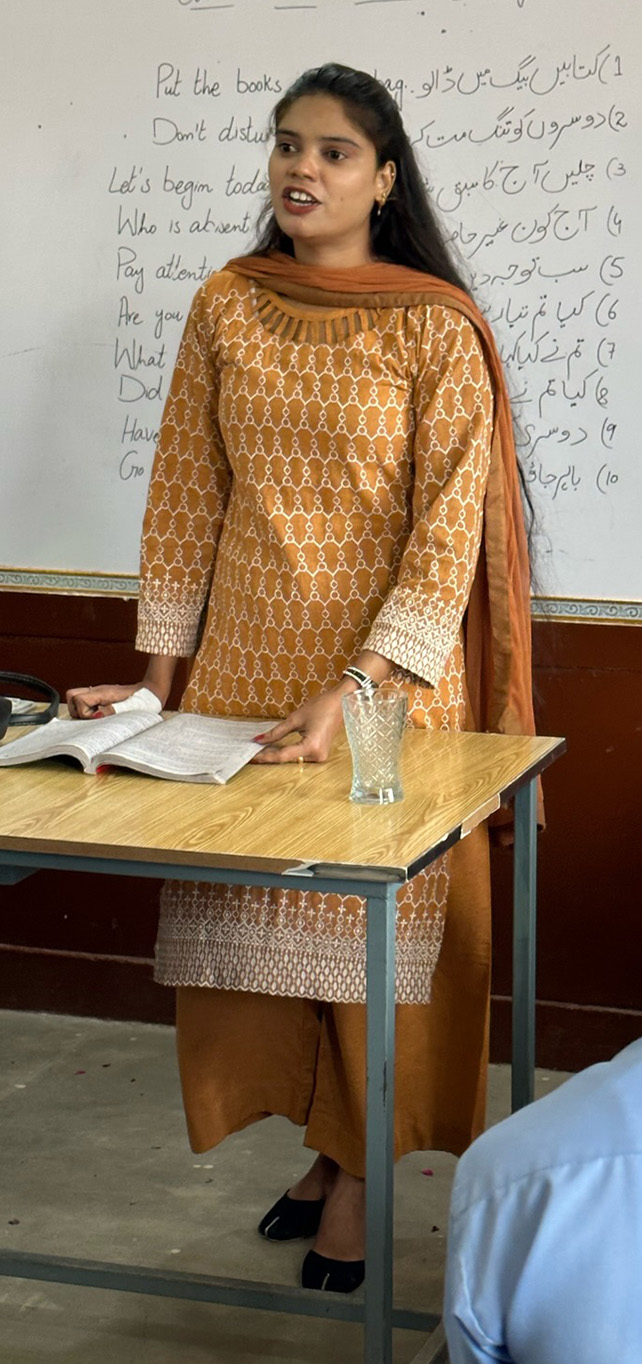
Everyone has the Right to Education
Pakistan is home to over 245 million people, and many of them live in poverty. Political corruption has created an unstable government that has led to a system with inadequate funding of resources and is increasing the poverty rate all around. This has led to significant challenges in delivering quality education services to the entire population.
- 26 million children in Pakistan, aged 5 to 16 years, are out of school, this is one of the highest percentages in the world.
- The quality of education is often substandard: with outdated curriculum, poorly maintained or dilapidated infrastructures, and shortage of trained teachers.
These children are deemed invisible, so if something happens to them, it goes unnoticed. These children disappear between the cracks.


"Just like education is a fundamental human right, so is being able to be receive a birth certificate."
- According to telecommunications company Telenor Pakistan, 60 million Pakistani children don't have a registered birth certificate.
- When a child is registered with the government, it is a permanent and official record of a child’s existence.
- Having a birth certificate gives you access to routine vaccines, school registration, along with protection from underage marriage and child labor.
- As an adult, it lets them open a bank account, register to vote, acquire a passport, and receive social assistance.
BECOME AN EDUCATION ADVOCATE
The information about Pakistan is daunting. Students need your help to break the poverty cycle, to avoid being trafficked or forced to become a child bride. They need a fighting chance and education is the key.
In Pakistan, Empower Education is providing educational opportunities for over 1,300 students. We are constructing our second school building, which will accommodate more than 700 students. Classes will begin in 2024 with the admission of 250 children, grades K-4/5.
Together, we can help Pakistani children reach their dreams of becoming doctors, lawyers, teachers, or maybe even prime minister. Children should be thinking of a brighter future, not where their next meal will come from, or how to escape being trafficked. This is an epidemic that can be stopped before it begins. Prevention is better than rescue.
Pakastani children have the right to be educated, but most lack the opportunity. Your sponsorship can provide that opportunity. Become an education advocate today.
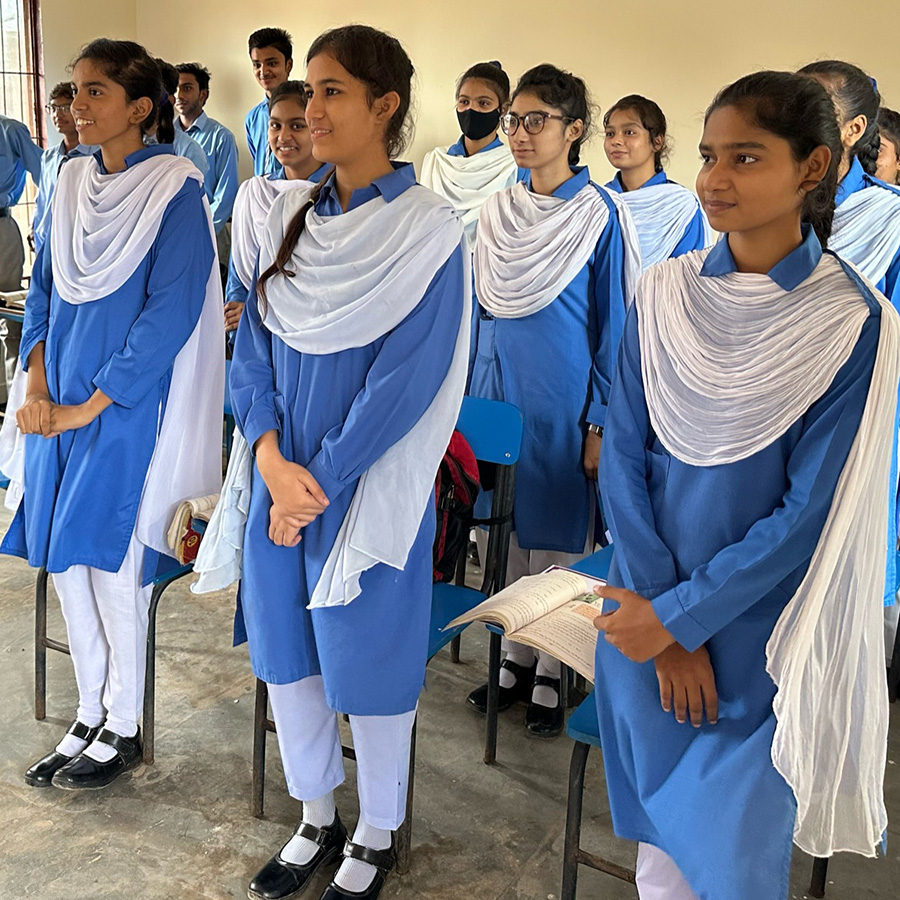

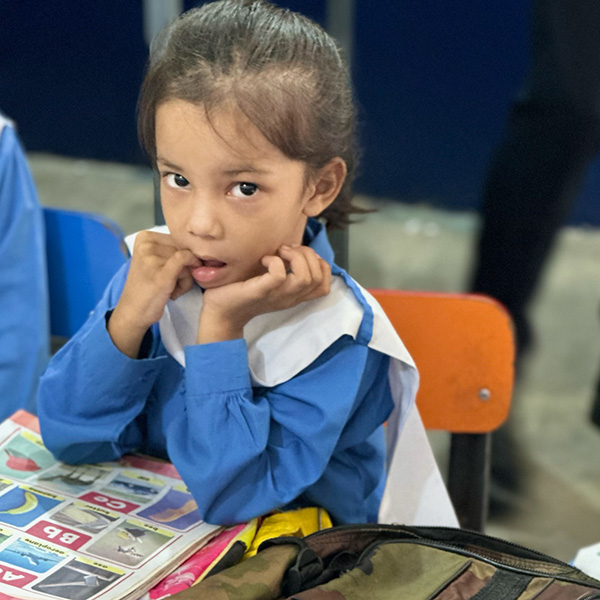
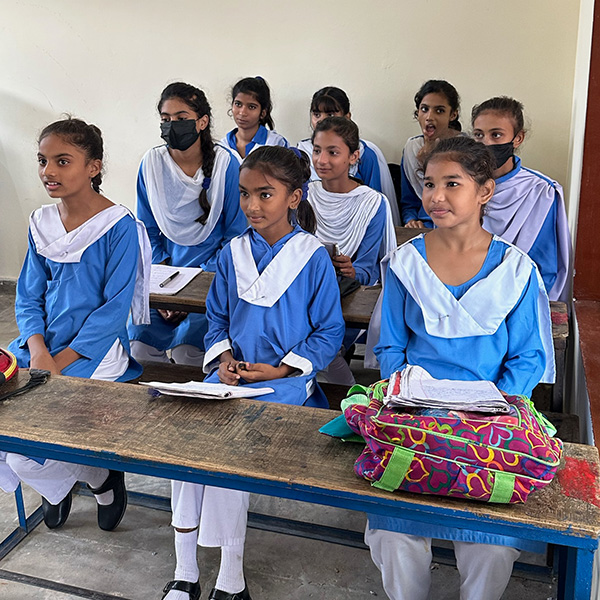
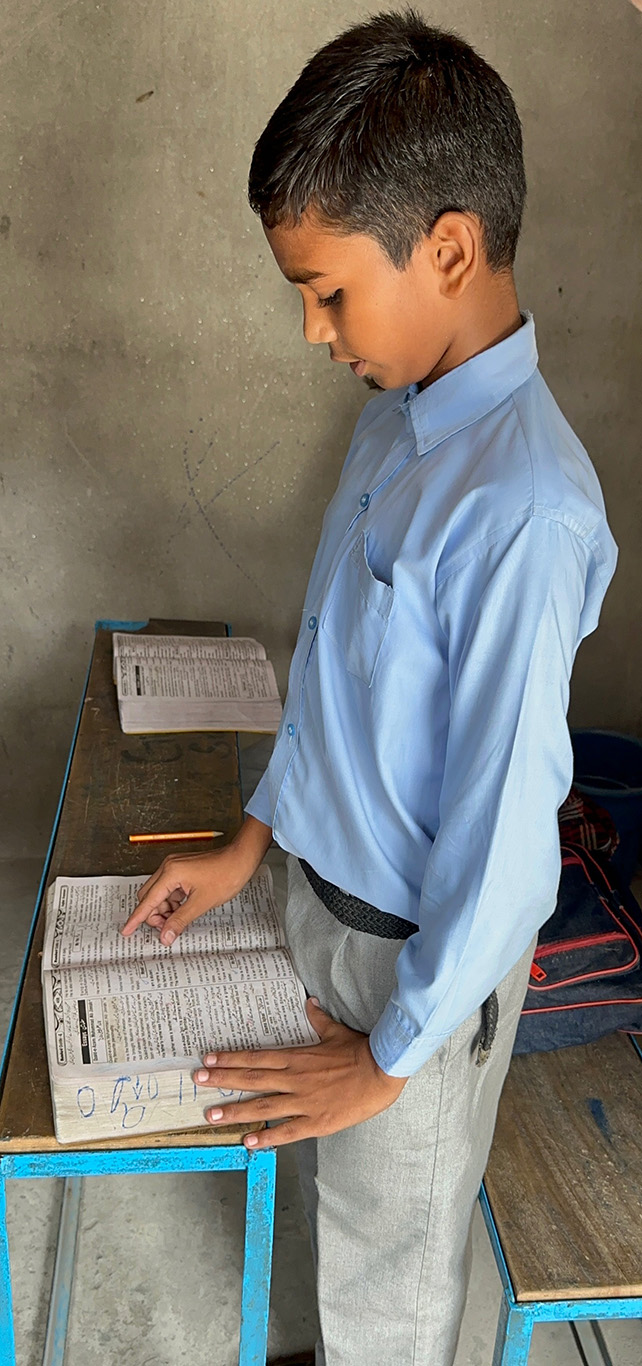
Our sponsorship programs help educate the most underprivileged by providing:
- Education for children from primary school to post-high school.
- Aptitude assessment and training for students beginning at 11 years old.
- Provide post-primary students with high school entrance assistance.
- Provide post-secondary students with college entrance assistance.
- High school and college prep programs.
- Vocational training for post-primary students with specific technical skill development.
- Guidance into professional and vocational career tracks so they can become part of society.

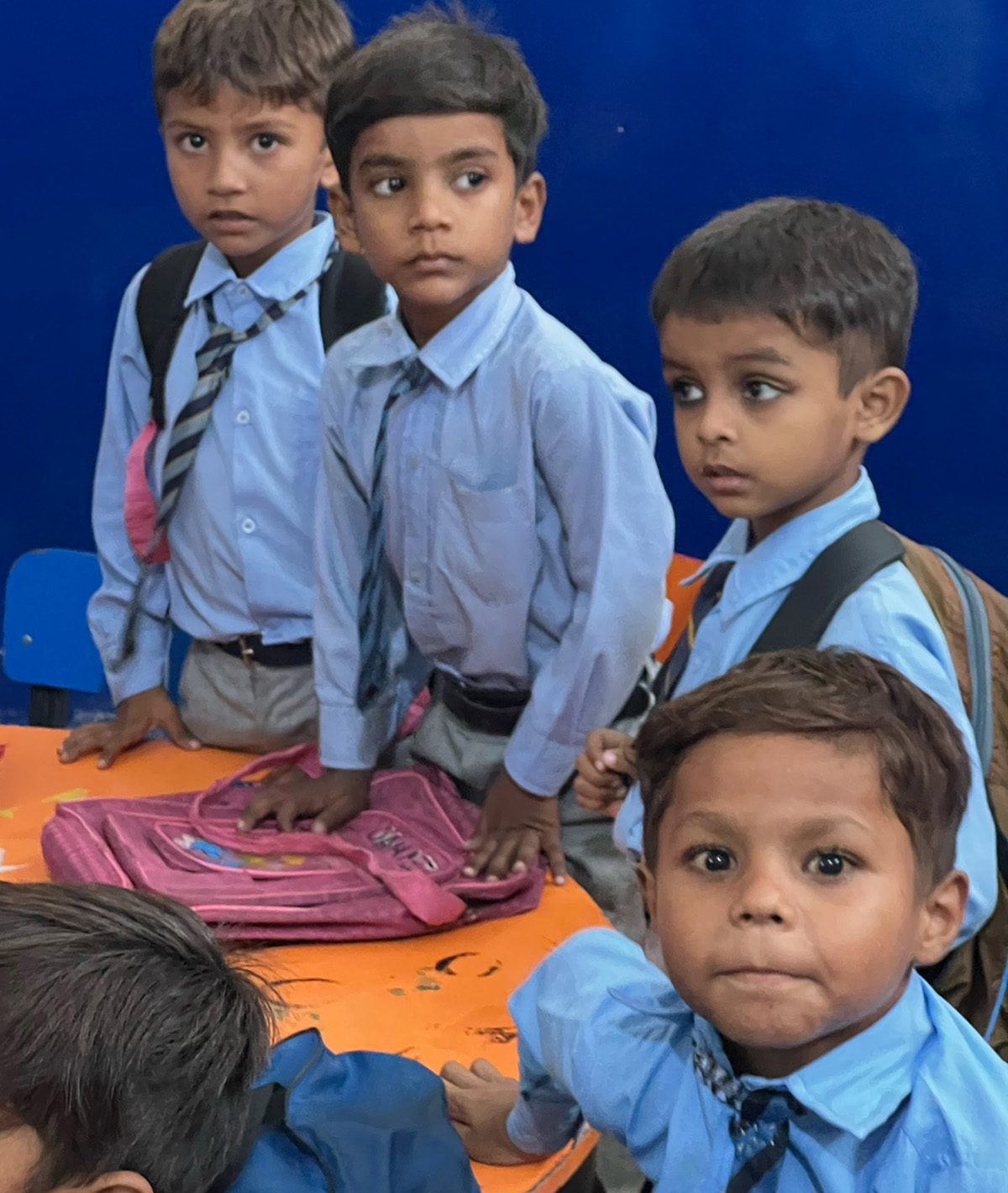
How Students Benefit From Your Sponsorship
- Tuition and Fees (books, uniforms, field trips, graduation fees, lunch fees, miscellaneous fees, etc.)
- Building Costs (utilities, furniture and other furnishings, security, maintenance and repairs, etc.)
- Teachers and Administration Costs (Salaries, research and development, seminars for further education, etc.)
- School Administration costs
- Computer labs, Science labs, sports equipment, projects and events, Music, etc.)
- Transportation (school bus, van, etc,)
- Media, photography, video production
- Family Counseling (seminars, books, materials, etc.)
- Emergency Funds
TESTIMONIALS
Rising Above Adversity
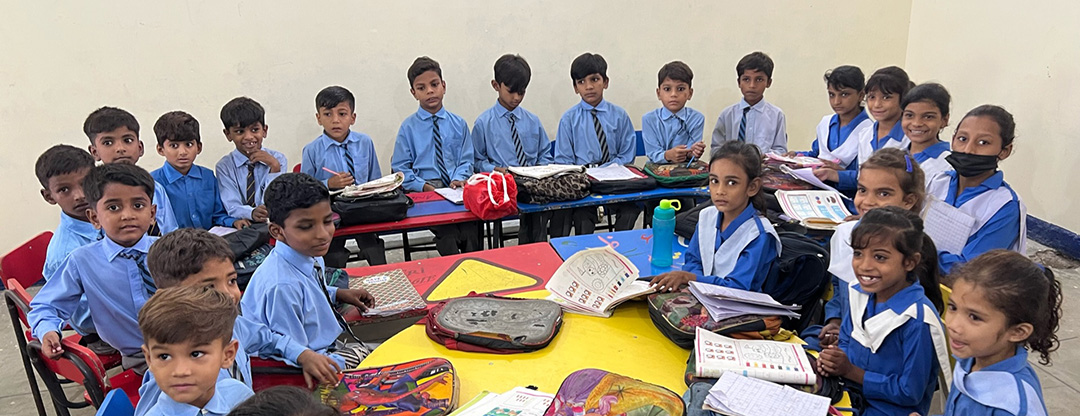
Nargis Sharmoon
Teacher | PakistanNargis comes from a family that consists of six sisters and one brother. Her mother works as a cleaner in other people's houses, while her father is a leather cutter in a tannery. When she was a child, Nargis worked with her mother in different houses. Due to their limited resources, they always struggled to make ends meet. Unfortunately, her parents were unable to provide education to all seven of their children. Nargis is a former student of our school in Pakistan. She has received a full scholarship to college and is currently pursuing a master’s in economics. Nargis teaches at our school and is a great role model for other children pursuing their dreams.
“I am grateful to have the opportunity to provide financial assistance to our school. This allows deserving children in our area to receive a good quality education.”
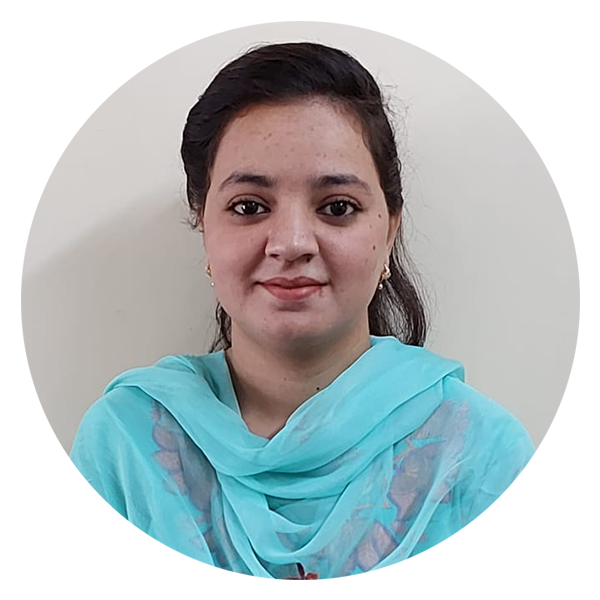
Nabeel Khaliln
Teacher | PakistanNabeel was born into poverty and faced a bleak outlook for the future. His father is a heart patient, so he has been balancing his studies and work simultaneously. Despite these challenges, along with the help of Empower Children's Education Foundation, he has completed his education and is currently pursuing a Master's in Information Technology. He teaches both Physics and Computer Technology courses at our school.
“I am immensely grateful for the chance to pursue my studies, for it is through this that I can look forward to a future that is filled with brightness and promise.”

Shaizleen Ishfaq
Student | Pakistan | Age: 11 yearsShaizleen comes from a family of six. Her father is disabled with a mental disorder and is unable to work. Her mother stitches clothes but earns very little money. Her earnings cannot provide her children with any education.
Her journey with our program began as a young nursery student and now she stands tall in 5th grade with a passion for English. Her dream is to become a lawyer, fighting for justice and defending the innocent.

Sahil Labha
Student | Pakistan | Age: 13 yearsSahil's father works hard in a tannery, but his family's financial circumstances have always made it difficult for Sahil to receive an education. Despite these challenges, Sahil has not given up on his dreams and with the help of Empower, he has been able to pursue his education up to 5th grade so far. His favorite subject to study is Science and he dreams of becoming a doctor one day to help others.
“I am grateful to empower for providing opportunities to students like me to get an education. After completing my education in this school, I have hope for a bright future. I also thank Empower for providing free school uniforms, books, food, and shoes.”



Against the Odds
Pakistan's Toughest Challenges
Pakistan faces significant challenges, including Islamic extremism, poverty, and corruption. Uneducated children become vulnerable to joining groups that seem to offer hope, even if it fuels their minds with hurtful intentions. Economic instability has driven millions below the poverty line, while corruption and discrimination severely impact minority groups' access to education and employment opportunities. Moreover, issues like modern slavery, rural education deficits, and violence against women further exacerbate the country's struggles.
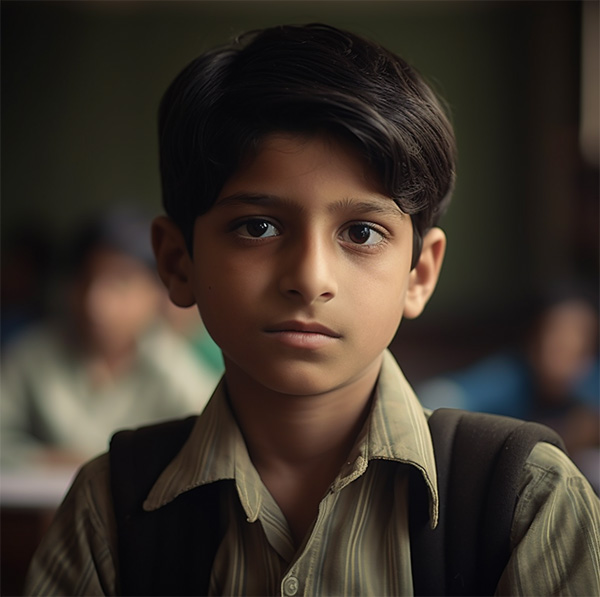
Islamic Extremism
- After the Taliban took control of Afghanistan in August, Pakistan signaled that it was prepared to recognize the Taliban government.
- According to the report of “Human Rights Observer 2023” the number of forced conversions increases 50% in 2020 and 80% in 2021. As a result, the girls in minority groups have restricted access to schools and education.
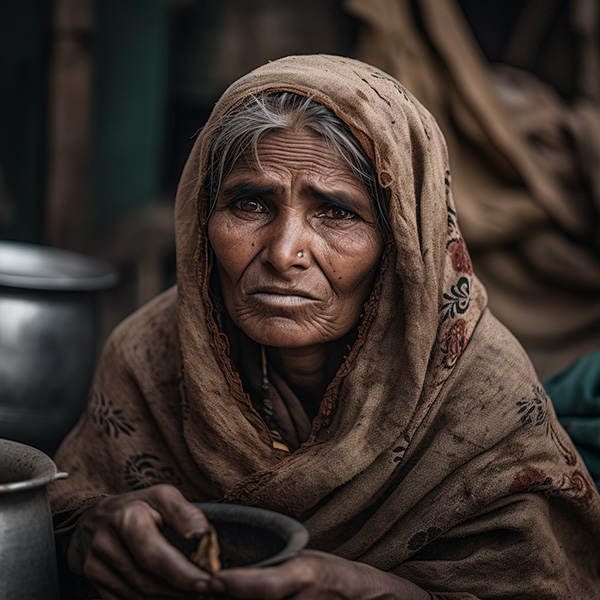
Poverty
- The World Bank reported that over 12.5 million Pakistanis have fallen below the poverty line, bringing the number of people living in poverty to 95 million.
- The deepening economic crisis was marked by skyrocketing inflation which reached 29.66% in December 2023.
- Pakistan's poverty rate has risen from 34.2% to 39.4% in just one year.
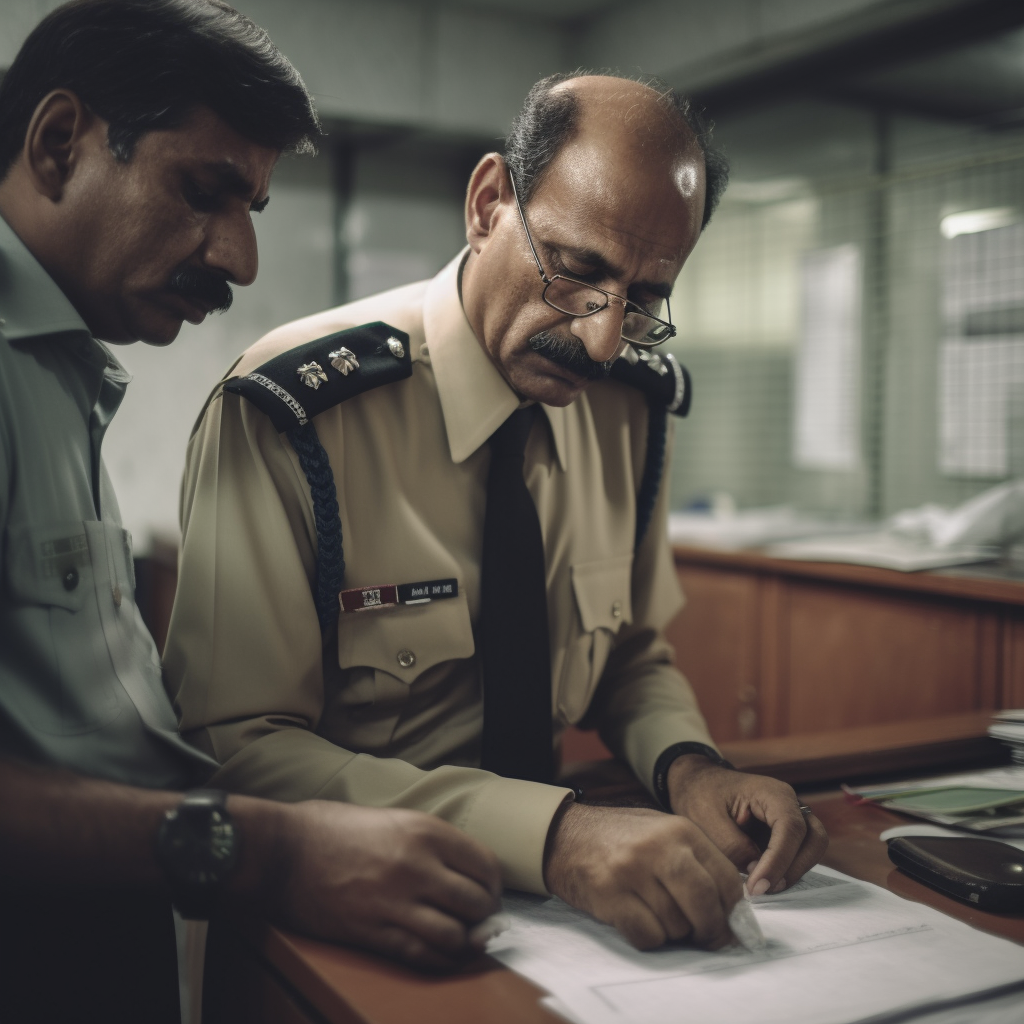
Corruption
- Pakistan is widely considered a high-risk jurisdiction for several corrupt practices such as bribery, facilitation payments, and various types of extortion.
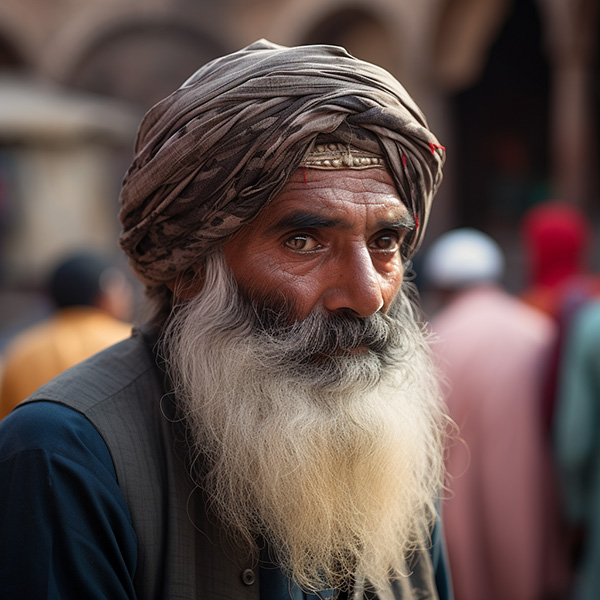
Discrimination
- The Muslim proportion in the overall population of Pakistan is 96.28%. The religious minorities include Hindus, Christians and Sikhs.
- These minorities face the problem of social inequality and injustice.
- Similarly, 72% of parents reported that their children were discriminated against in educational institutions on account of their faith.
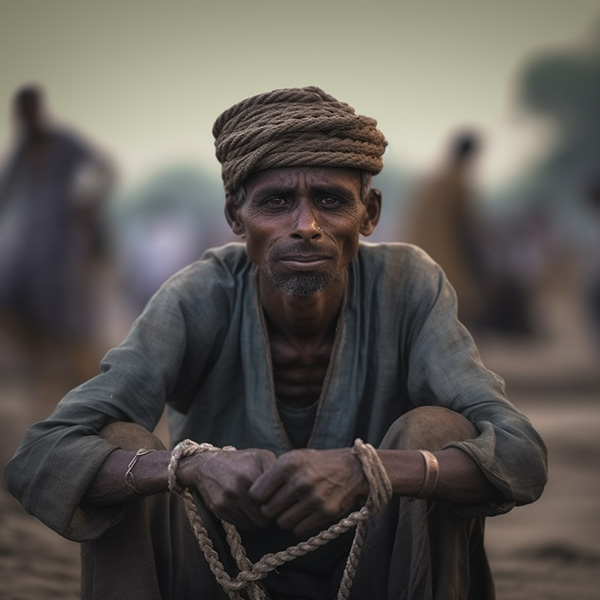
Slavery
- Compiled by Global Slavery, which counted 2.3 million slaves in the country, 1.13% of the entire Pakistani population.
- In 2021 alone, more than 20,000 cases of bonded, forced and child labor were registered, with many more going unreported.
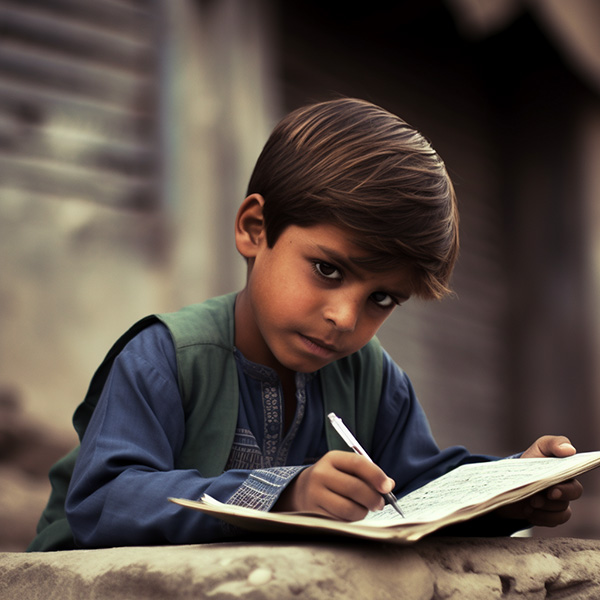
Education (Rural)
- Pakistan has the highest number of out-of-school children in the world, with 26.21 million (Pakistan Institute of Education report).
- One-third of the women belonging to religious minorities attend schools as compared to two-thirds of women of the religious majority.
- According to this survey conducted by the Punjab Commission on the Status of Women, women of minority groups lag by 28% as compared to the literacy rate of women belonging to the majority community in Pakistan.
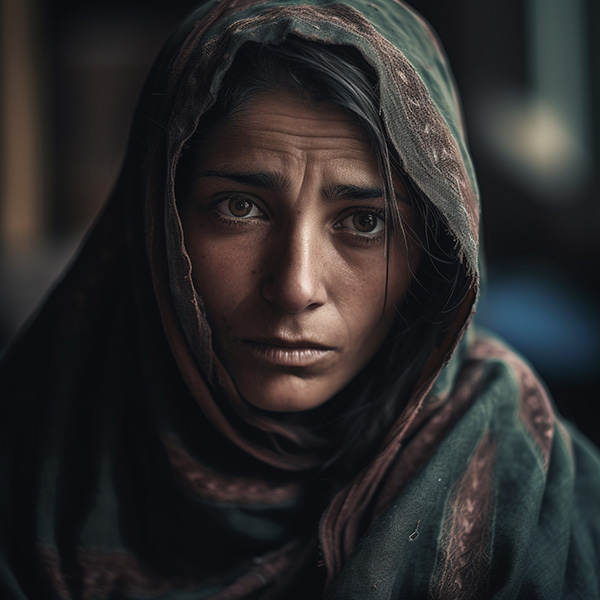
Violence
- Women and girls are subjected to honor killings, domestic violence, acid attacks, rapes, women trafficking, forced and child marriages, female genital mutilation and cutting.
- Roughly 1,000 women are killed in so-called honor killings every year.
- The United Nations Children’s Fund (UNICEF) estimates that 18.9 million girls in Pakistan are married before the age of 18 and 4.6 million before 15.


